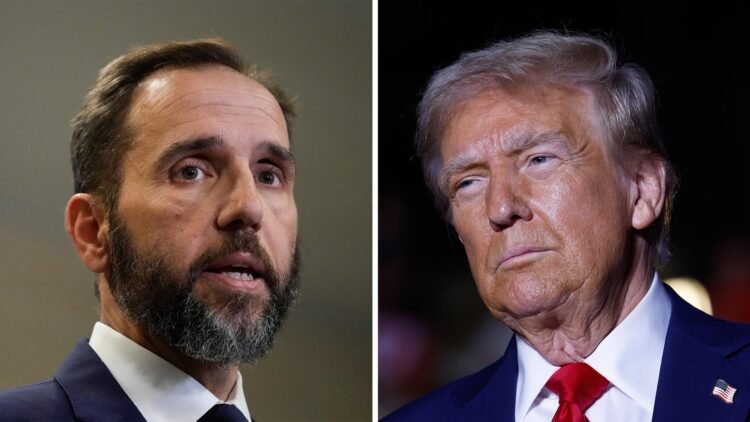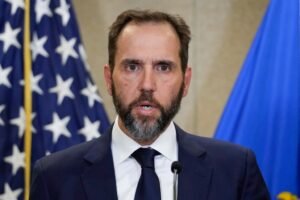Special Counsel Jack Smith has formally dropped federal charges related to election subversion and mishandling of classified documents against U.S. President-elect Donald Trump, according to court filings made on Monday.
In his filing with U.S. District Court Judge Tanya Chutkan in Washington, D.C., Smith stated, “The Department’s position is that the Constitution requires that this case be dismissed before the defendant is inaugurated.” The six-page document emphasized that the dismissal was not based on the merits or strength of the cases but rather on constitutional considerations tied to Trump’s status as president-elect.
These cases, which marked the first time a former U.S. president faced federal criminal charges, have been central to political and legal discourse over the past two years. The election subversion case focused on Trump’s alleged efforts to overturn his 2020 election loss, while the classified documents case dealt with his handling of sensitive government materials after leaving office.
Special Counsel Jack Smith
Supreme Court Ruling and Trial Delays
Smith’s decision follows a Supreme Court ruling earlier this year that affirmed Trump enjoys some presidential immunity from criminal prosecution. The ruling, coupled with Trump’s legal strategy of delaying proceedings, ensured that no trial commenced before the 2024 presidential election. Trump has pleaded not guilty to all charges.
Despite the dismissal, Smith stated in the court filing that “The Government’s position on the merits of the defendant’s prosecution has not changed.”
Judge Chutkan had been reviewing whether aspects of Trump’s actions in the election subversion case were shielded by presidential immunity. Prosecutors had argued against applying the Supreme Court ruling to this case, but Trump’s recent reelection prompted them to request a pause on post-election deadlines as they reassessed their approach.
Reaction from Trump and Supporters
Trump spokesperson Steven Cheung described the dismissal as “a major victory for the rule of law.” In a statement, Cheung added, “The American People and President Trump want an immediate end to the political weaponization of our justice system and we look forward to uniting our country.”
State-Level Cases Continue
While Trump has avoided federal prosecution in these cases, state-level charges in Georgia and New York remain ongoing. As president, Trump cannot directly interfere in state prosecutions, but legal challenges regarding presidential immunity and other issues will likely arise.
In Georgia, Trump faces a sweeping RICO case accusing him and several allies of attempting to overturn his 2020 election loss in the state. Meanwhile, in New York, Trump was convicted earlier this year on 34 counts of falsifying business records related to a hush money payment to adult-film star Stormy Daniels during the 2016 presidential campaign. The sentencing in that case has been postponed indefinitely.
Despite these legal battles, Trump’s return to the White House has added a layer of complexity to ongoing prosecutions, raising questions about the balance between presidential authority and accountability under the law.

 English
English




























































